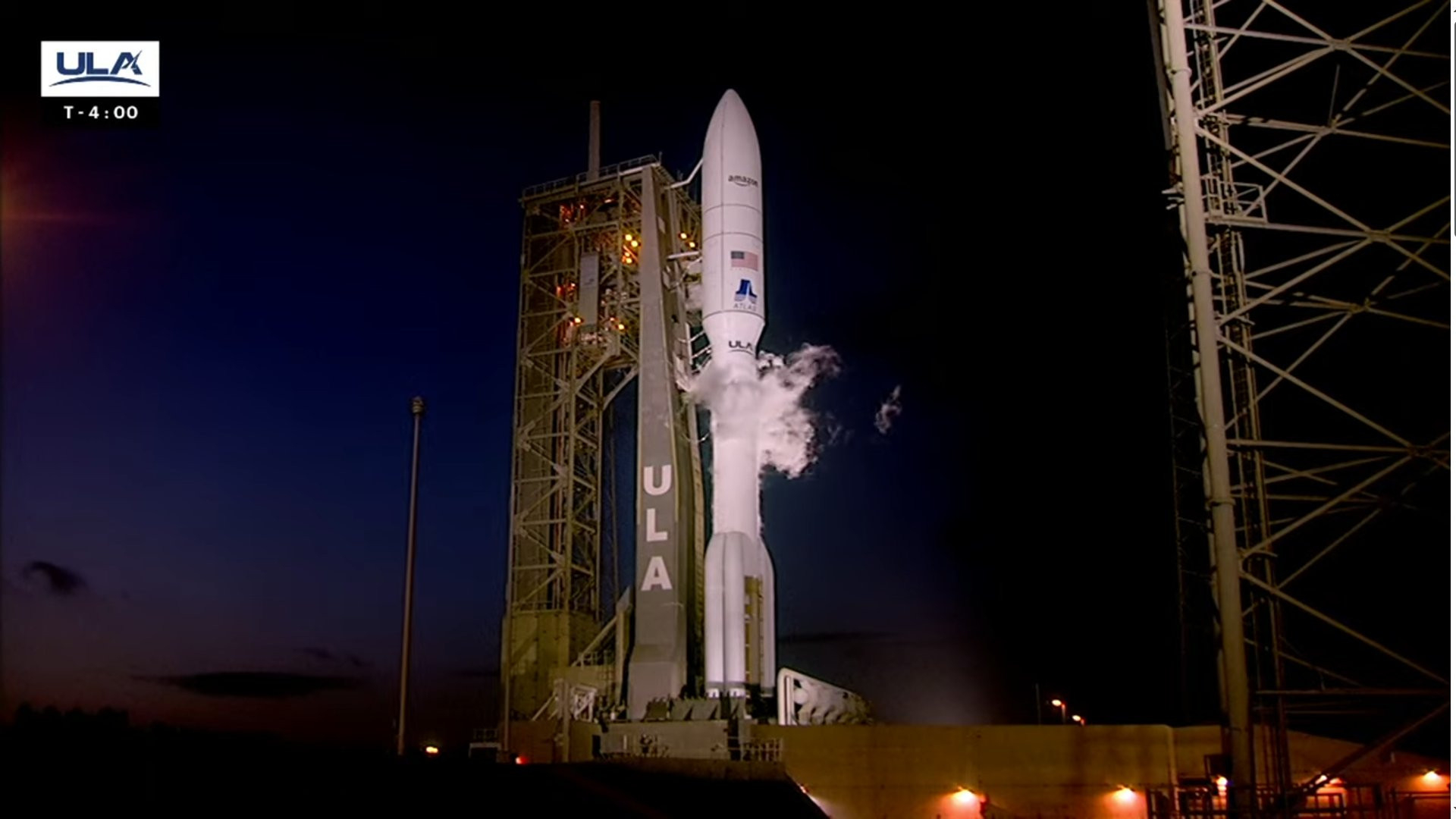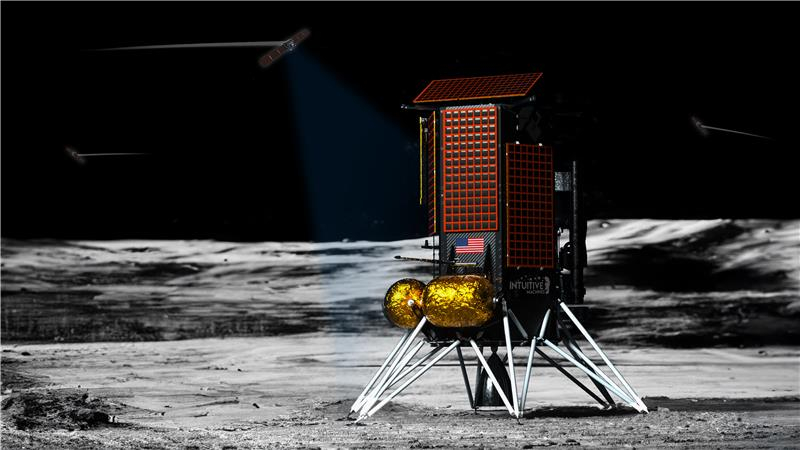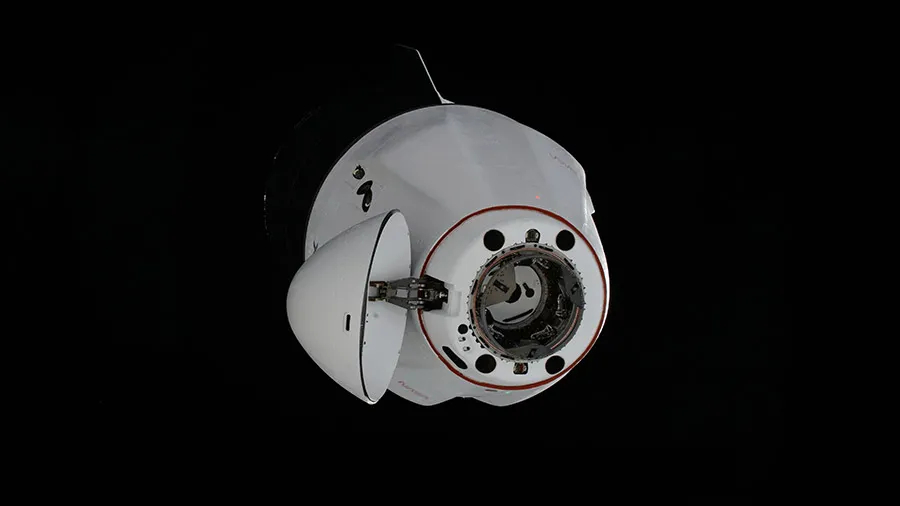Future astronauts could make methane rocket fuel on Mars

How will future astronauts get back home to Earth from Mars? According to a new study, they could make rocket fuel from the methane that's already on the Red Planet.
Researchers have devised a new way to create methane-based rocket fuel that they hope could make return trips from Mars far more feasible. This method was previously theorized by Elon Musk and engineers at SpaceX who considered ways to use carbon dioxide and water from ice on Mars to have the necessary carbon and hydrogen necessary to create methane.
So, in theory, future astronauts could use this technique to turn local Martian materials like ice and carbon dioxide to make rocket fuel for a return trip home. This new method is only a "proof of concept" right now, meaning it has only been tested in labs but not in real-world conditions.
Still, while "lots of engineering and research is needed before this can be fully implemented," Huolin Xin, a physicist at the University of California, Irvine who led this research, said in a statement. "But the results are very promising."
Related: How living on Mars could challenge future astronauts (infographic)
To create this new method, the team took an existing two-step method used to turn water into breathable oxygen on the International Space Station and made it into a one-step process. They did this using a single-atom zinc catalyst.
"The zinc is fundamentally a great catalyst," Xin said in the statement. "It has time, selectivity and portability — a big plus for space travel."
Get the Space.com Newsletter
Breaking space news, the latest updates on rocket launches, skywatching events and more!
By narrowing a two-step process down to one step, it makes the mechanism more compact and portable, and thus, easier to transport for use on Mars, according to the statement.
This new method takes atomically dispersed zinc, which acts as a catalyst for the reaction, helping to create methane from carbon dioxide. The process, using this specialized catalyst, "efficiently converts CO2 into methane," Xin said.
Many launch vehicles today don't use methane-based rocket fuel, so this process would have to be compatible with future propulsion technologies. But, methane-based fuel could have a number of advantages over other types of fuel, that could potentially leave carbon residue in rocket engines that needs to be cleaned, something that would be difficult (not simply not possible) to accomplish on Mars, according to the same statement.
However, there are some companies that are already hopping on-board to develop and use methane-based rocket fuel. For example, SpaceX's Starship's Raptor engines, Blue Origin's BE-4 engine and Firefly Alpha are all working to use methane-based fuel.
Email Chelsea Gohd at cgohd@space.com or follow her on Twitter @chelsea_gohd. Follow us on Twitter @Spacedotcom and on Facebook.
Join our Space Forums to keep talking space on the latest missions, night sky and more! And if you have a news tip, correction or comment, let us know at: community@space.com.

Chelsea “Foxanne” Gohd joined Space.com in 2018 and is now a Senior Writer, writing about everything from climate change to planetary science and human spaceflight in both articles and on-camera in videos. With a degree in Public Health and biological sciences, Chelsea has written and worked for institutions including the American Museum of Natural History, Scientific American, Discover Magazine Blog, Astronomy Magazine and Live Science. When not writing, editing or filming something space-y, Chelsea "Foxanne" Gohd is writing music and performing as Foxanne, even launching a song to space in 2021 with Inspiration4. You can follow her on Twitter @chelsea_gohd and @foxannemusic.









